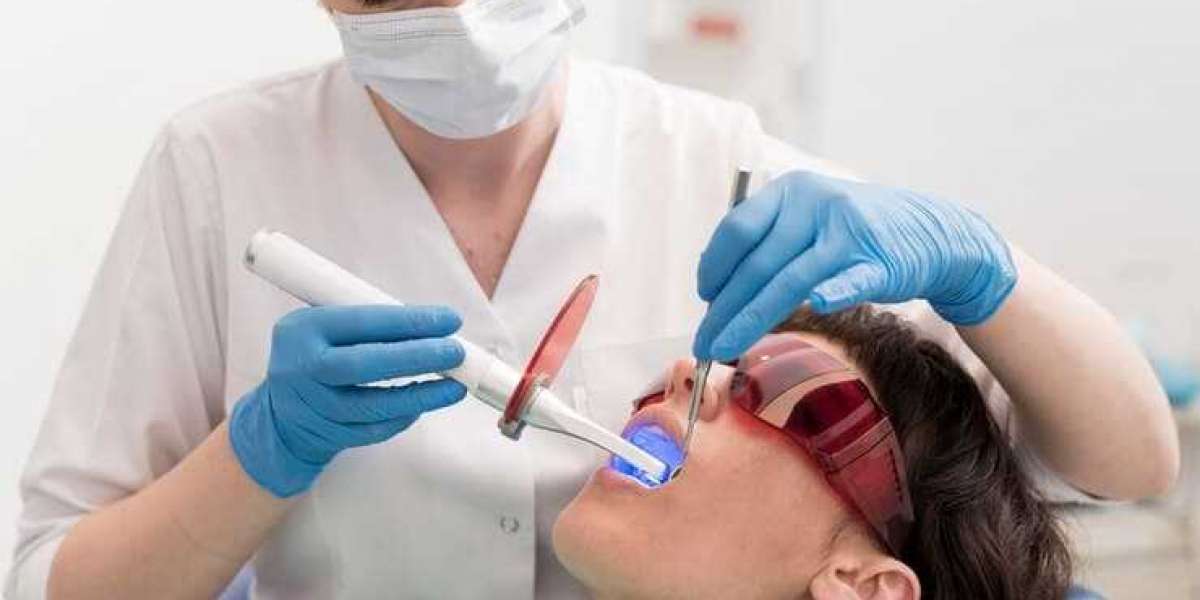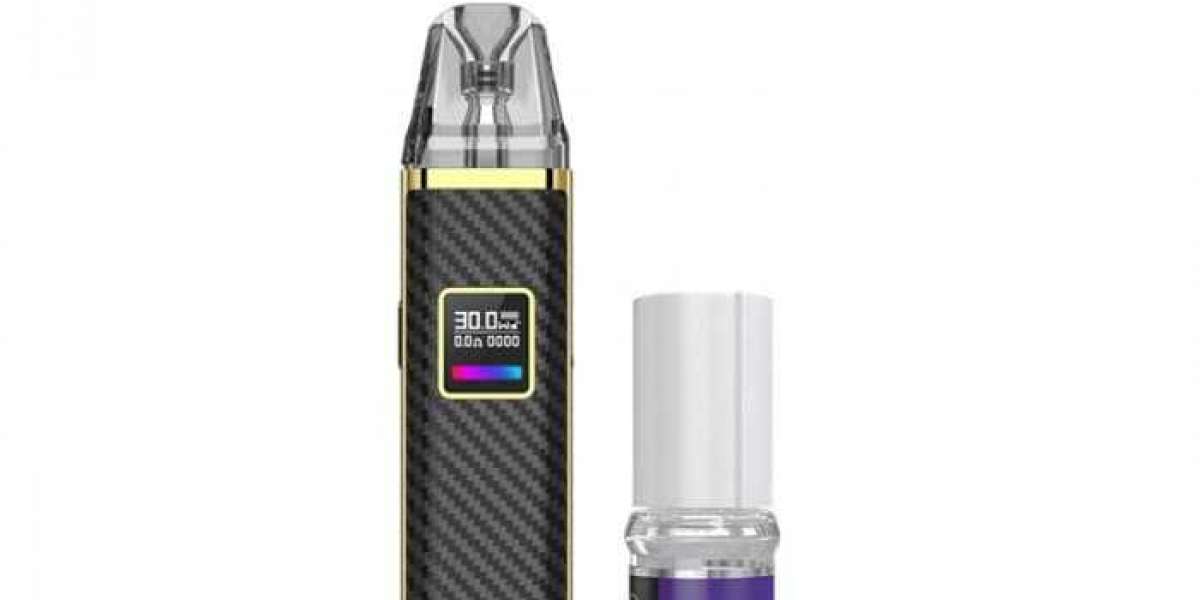Rhinoplasty (nose surgery) (جراحة تجميل الأنف في الرياض) can fall into two categories: haram (forbidden) and halal (permissible) — depending on the intention and medical or psychological need.
✅ When Rhinoplasty is Halal (Permissible)
Rhinoplasty is generally considered permissible in Islam if it serves a legitimate need or medical purpose. This includes:
1. Correcting a Physical Defect or Deformity
Birth defects (e.g., cleft nose or severely crooked nose)
Deformities caused by injury, trauma, or accidents
? Reason: This is seen as restoring rather than changing the creation of Allah. Islam permits medical treatment and restoring normal function or appearance.
Reference: The Prophet Muhammad (ﷺ) allowed a man who lost his nose in battle to wear a prosthetic (Abu Dawood, 4232).
2. Treating Functional Issues
Difficulty breathing due to a deviated septum
Snoring or sleep apnea caused by nasal structure
Chronic sinus issues
? Reason: Islam encourages seeking treatment for health issues. If rhinoplasty improves nasal function, it is considered therapeutic and permissible.
3. Relieving Severe Psychological or Emotional Distress
If the nasal appearance causes serious emotional suffering, low self-esteem, or social anxiety that affects mental health or marriage prospects
? Condition: The suffering must be genuine and significant, and the surgery must aim to restore emotional well-being, not just fulfill vanity or trends.
? Scholarly View: Many scholars from the Maliki, Shafi’i, and Hanbali schools have permitted cosmetic surgery when there's harm (darar) to remove.
❌ When Rhinoplasty is Haram (Forbidden)
Rhinoplasty is generally considered haram in the following cases:
1. Changing Appearance for Pure Vanity or Trend
Altering a normal nose to fit beauty standards or look like a celebrity
Doing it just to look more attractive or fashionable without a real need
? Reason: This is seen as altering Allah’s creation without necessity. The Quran says:
“...and I will command them so they will change the creation of Allah.”
—Surah An-Nisa (4:119)
This verse is often used to caution against unnecessary body modification.
2. Imitating Others (Tashabbuh)
If the surgery is done to resemble specific non-Islamic figures or celebrities, it could fall under imitation of non-believers, which is discouraged in Islam.
? Conclusion
| Situation | Ruling | Reason |
|---|---|---|
| Medical need (breathing issue, injury) | Halal | Therapeutic, not altering for vanity |
| Correcting deformity or birth defect | Halal | Restorative in nature |
| Severe psychological distress | Halal (with caution) | Must be genuine and advised by a trusted doctor/scholar |
| Pure cosmetic enhancement | Haram | Changing Allah’s creation without need |
| To imitate or follow beauty trends | Haram | Intention matters — vanity is discouraged |
? Final Note
If you're considering rhinoplasty and want to stay within Islamic guidelines:
Consult a trusted Islamic scholar (Mufti or Sheikh) for personal guidance.
Discuss your condition with a qualified doctor or specialist to see if it’s medically necessary.
Reflect on your intention (niyyah) — this is key in Islam.







